Philadelphia sits among nation's elite life sciences hubs in new Colliers rankings
Philadelphia sits among nation's elite life sciences hubs in new Colliers rankings
The Philadelphia region takes fourth place in a new ranking of the country's top life sciences hubs on the strength of its talent pipeline and recent real estate activity.
The analysis conducted by the commercial real estate services firm Colliers International focuses on a region's ability to support and sustain industry growth using factors such as venture capital funding, National Institutes of Health grants and biomedical degree completions. The study, which examined 18 markets, also takes into account each region's life sciences real estate market, specifically its office and lab space inventory along with the amount of space under construction and the space absorbed by companies over the past three years.
Boston holds the top score in the Colliers analysis, followed by the San Francisco Bay area and then San Diego. Philadelphia's fourth-place finish puts it ahead of New Jersey, New York City and Seattle. Rounding out the top 10 are Raleigh/Durham in the eighth spot, followed by suburban Maryland and Chicago.
Colliers did not previously compile a national ranking of the top life sciences clusters in the country, instead publishing reports that listed individual category rankings.
Philadelphia's highest scores are in net property absorption, where the region ranks third, and in three categories where it ranks fourth: biomedical degree graduates with 3,758 in 2022; office and lab space inventory with 23.7 million square feet; and square footage under construction at 2.5 million square feet.
The local region's NIH grant funding of $1.4 billion and venture capital investments of $547 million rank sixth and seventh, respectively.
When compared to the Colliers category rankings from 2023, Philadelphia fell two spots in venture capital funding and vacancy rates and one spot in NIH funding.
Here's what Colliers had to say about the region:
"As Greater Philadelphia’s life sciences sector adapts to the evolving economic landscape, market fundamentals have been strong. The region remains on the forefront in gene and cell [therapy] and mRNA research and development. While leasing slowed overall, demand for incubator space for startup and early-stage companies remained healthy."
Colliers noted companies such as Charles River Laboratories and Mispro expanded support services in immediate proximity to early stage companies, "bolstering the research ecosystem."
The firm noted that capital market "turmoil" — which has investors backing off the high-risk and high-reward biopharmaceutical sector — has tightened access to funding, but availability persists as evidenced by large equity financings for Aro Biotherapeutics, Vivodyne and Vittoria Biotherapeutics during the fourth quarter of 2024.
Colliers said the life sciences vacancy rate in the Philadelphia region increased because of new purpose-built facilities, but remains below 10%. "The high-interest-rate environment resulted in a pause in construction and redevelopment starts, allowing demand to catch up with supply and calming concerns about overbuilding," the report states.
According to Colliers, of the 2.5 million square feet of life sciences buildings under construction in the region, about 45% of the space is pre-committed by companies such as Spark Therapeutics, WuXi, and SmartLabs. Colliers said the region has about 380,000 square feet of space available for lab conversions and another 1.4 million square feet of development capacity.
With delivery of new life sciences buildings set for late 2024 and 2025, Colliers expects vacancy rates are likely to rise in the short term. However, the report notes, as venture capital funding activity recovers and early stage companies continue to expand, the vacancy will be absorbed and projects on hold will move forward.
Get Updates
from LSPA
Stay up-to-date on the latest news and events from Life Sciences PA, insights from the life sciences industry, and so much more!

Life Sciences Pennsylvania was founded in 1989 by a biotech scientist at Penn State University. Today it has grown to represent the entire life sciences industry – biotechnology and diagnostic companies, medical device companies, pharmaceutical companies, investment organizations, research institutions, and myriad service industries that support the life sciences in Pennsylvania.